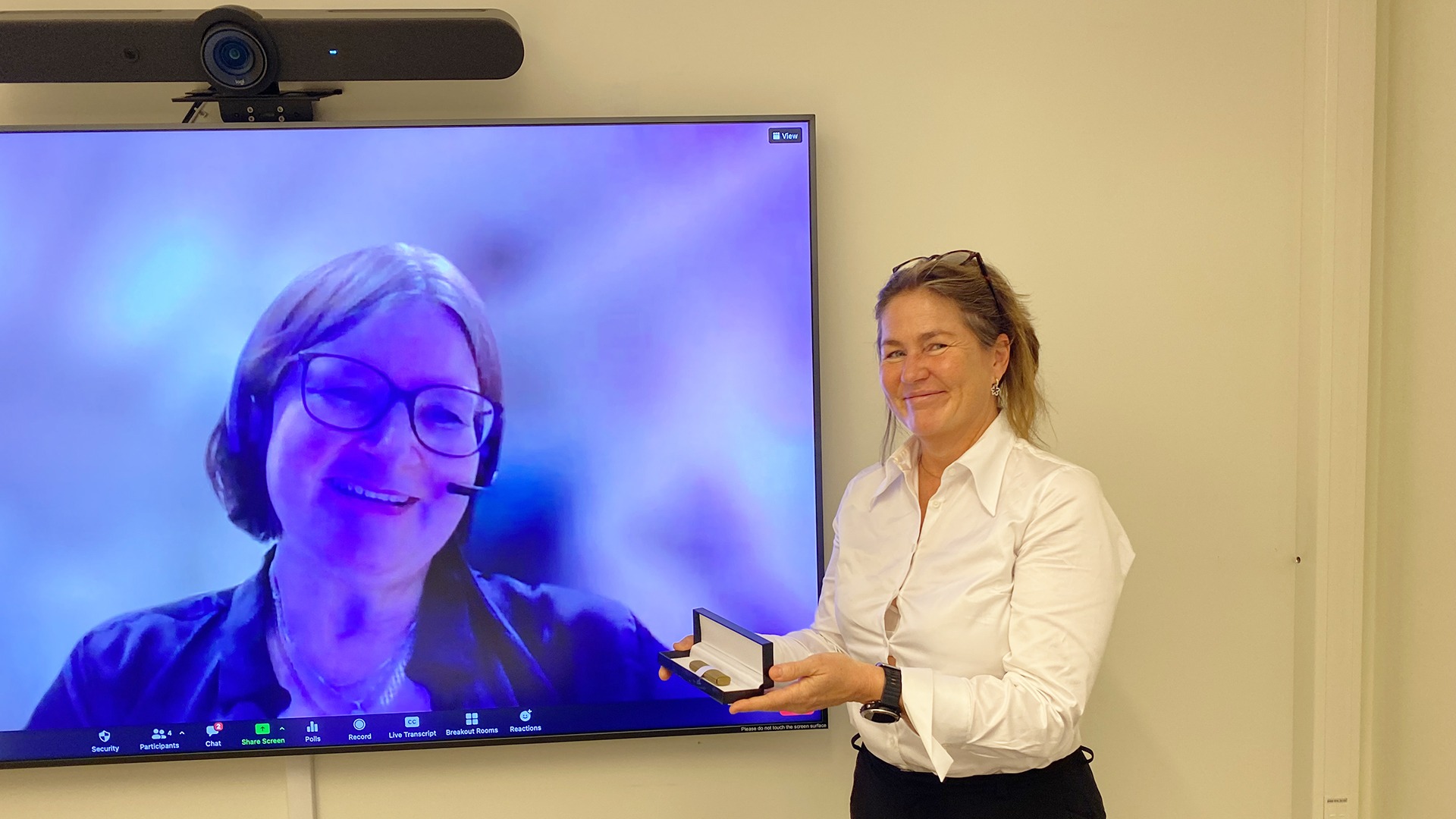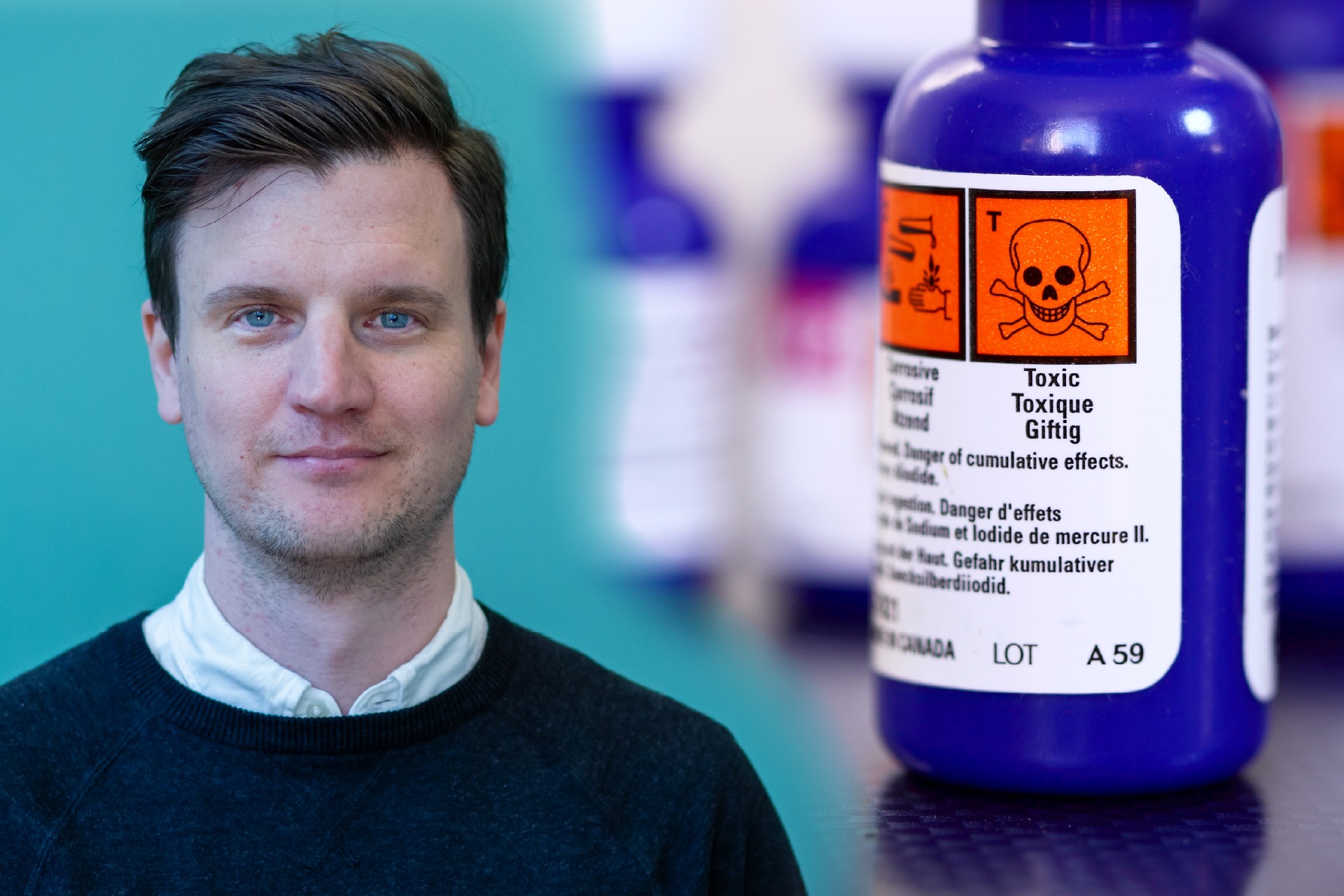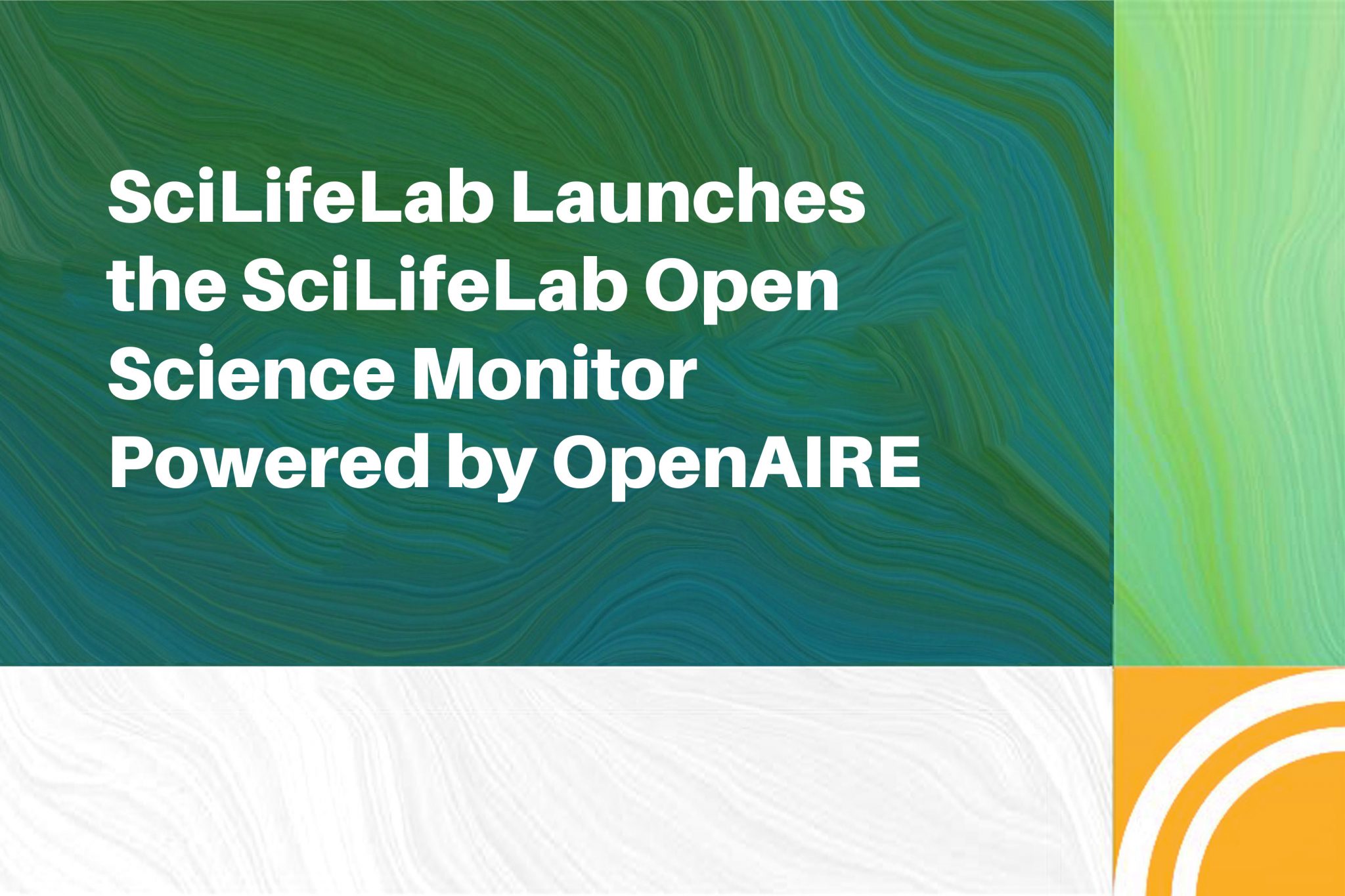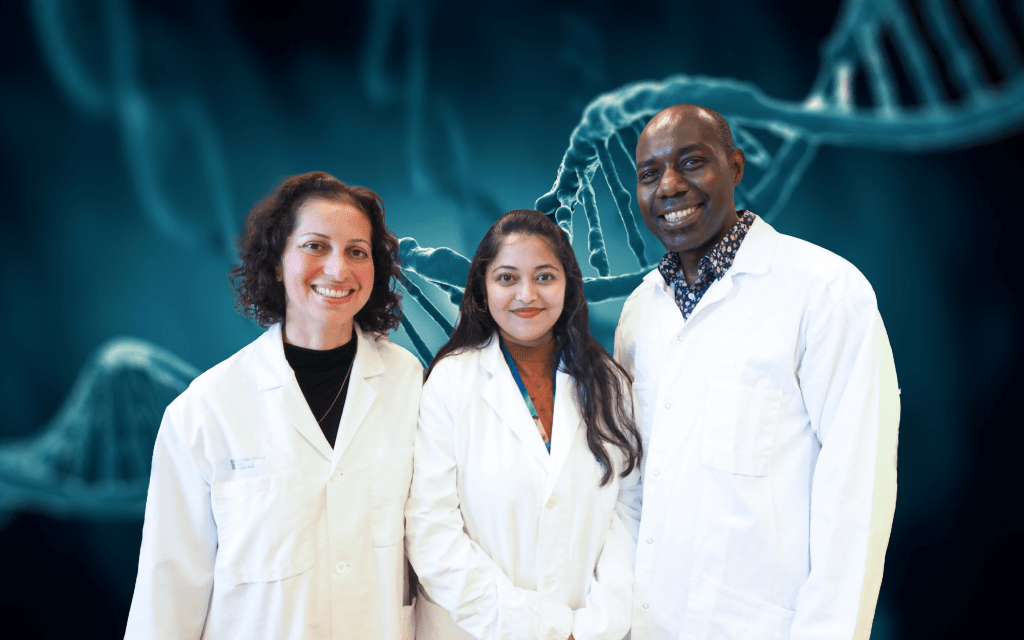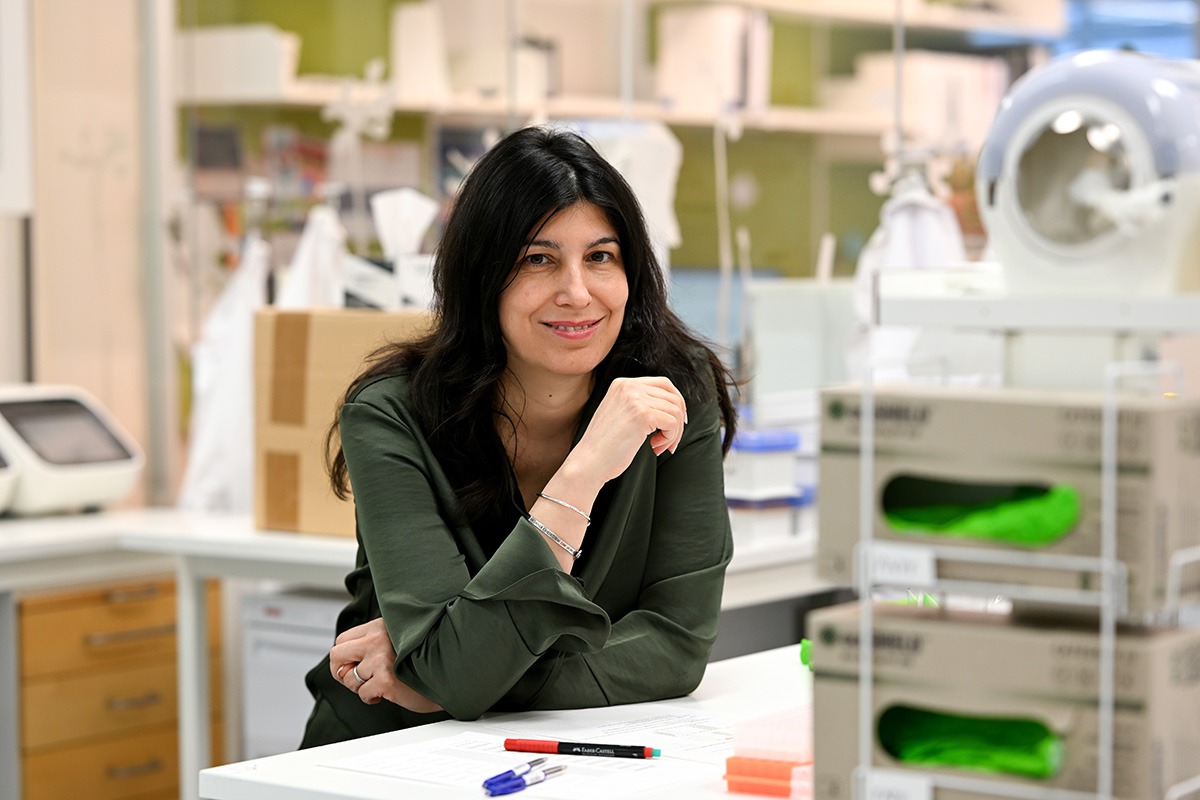Latest DDD-exit: Promising antibody candidate in the fight against cancer
A new promising cancer treatment, aiming to inhibit tumor growth by attacking the signaling pathway of transforming growth factor beta (TGFbeta) has just left the SciLifeLab Drug Discovery and Development (DDD) platform. Umeå University based researcher Maréne Landström and her team are behind the project that is aiming for clinical trials in the near future.
TGFbeta is often overexpressed in many tumor cells and high levels are directly linked to poor prognosis in cancer patients. Maréne Landström (UmU) has spent years trying to understand the mechanisms behind TGFbeta’s ability to transform healthy cells into invasive cancer cells but also to make them invincible to our immune system.
When Maréne’s team came up with the idea of a tailored antibody that could potentially target the cleavage site of the TGFbeta receptor, leading to an effective block of the growth signaling pathway, they reached out to the SciLifeLab DDD platform. Except for designing the new antibody they also wanted to identify new predictive biomarkers for aggressive and metastasizing cancer, to facilitate diagnoses and the selection of suitable treatments for specific types of cancer.
At the DDD platform, the project was further developed and antibodies against the drug target was generated. The specific protein sequence was then synthesized and tested against an in-house generated antibody library to identify high affinity antibodies. These were further refined by using a number of biochemical and cell based methods until only one candidate remained. Maréne and her team are in process to test the antibody in an animal model.
“We have received fantastic help from the SciLifeLab DDD staff and experts to plan for the project, to develop antibodies for treatment and to increase our understanding of how the various steps in this project would be implemented. We have also gained expertise that has helped us plan important in vivo trials to evaluate our concept”, says Maréne.
“One of the big challenges was also to generate methods for evaluating specificity for antibodies against the cleavage site of the transmembrane receptor as it anchored to the cell membrane. For this reason, it was far from obvious that we could make it successfully”, says Anders Olsson (KTH), Head of the DDD-platform’s Protein Expression and Characterization unit.
At the moment, Maréne and her team have entered the next phase of the project.
“We are now in an incredibly exciting phase as we test the next generation of a fully human affinity-matured antibody to increase its effect and thereby lower the concentration of antibody in future clinical trials. We will carry out toxicity studies and prepare for the regulatory applications we need to take our potentially new cancer drug to the clinic. In parallel, we are developing biomarkers to be able to stratify the right patient for our unique treatment”, says Maréne.
Maréne has now started her own company (MetaCurum), which has already attracted investors. The project is now being driven towards clinical trials under the company’s auspices.
“This has been a challenging project, both for DDD and for Maréne and her research group. A number of challenges have been solved through good cooperation and we are very happy that together we have successfully identified an antibody candidate with a proven effect “, says Anders Olsson
